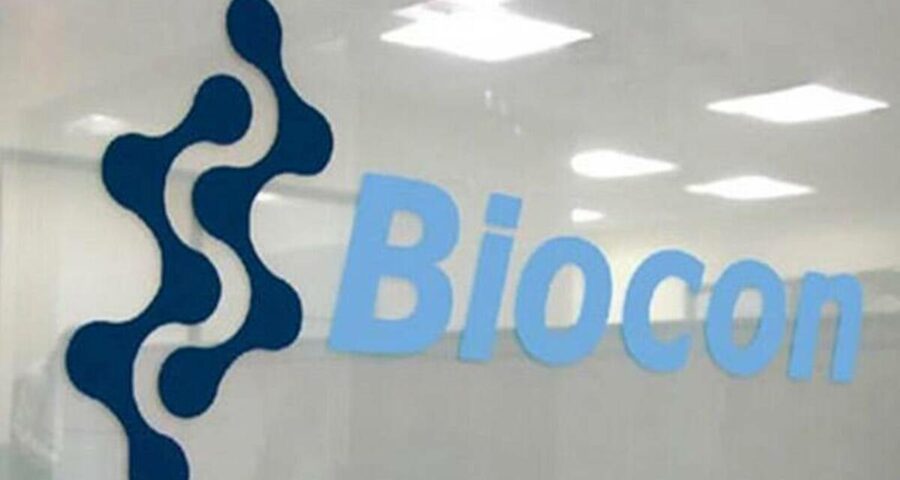India has among the largest population of children and adolescents with Type 1 diabetes in the world with an estimated 1 million children and adolescents with this condition as of 2019.
Biocon Biologics Limited (BBL), a subsidiary of Biocon Ltd, announced Monday that it has tied up with the Research Society for the Study of Diabetes in India (RSSDI), Asia’s largest organisation of researchers and healthcare professionals for diabetes, to launch a Comprehensive Care Programme BRIDGE-1 in Type 1 diabetes patients.
India has among the largest population of children and adolescents with Type 1 diabetes in the world with an estimated 1 million children and adolescents with this condition as of 2019.
Biocon Biologics will work together with RSSDI to identify and train 400 physicians in different districts across the country. It will enable a free supply of its insulin portfolio to help more than 1,000 children with Type 1 diabetes from marginalised communities, who otherwise cannot afford this therapy, according to a statement.
As part of this initiative, RSSDI teams will develop the training material as well as train these physicians to create awareness on effective diabetes management in Type 1 patients, among their peers and community at large in their respective districts. Biocon Biologics will provide educational and other diabetes awareness materials for these training programmes as well as facilitate the organising of these events.
Addressing the Biocon Biologics Scientific Symposium at the 49th Annual Conference of RSSDI held to commemorate World Diabetes Day on November 14, Kiran Mazumdar-Shaw, executive chairperson, Biocon and Biocon Biologics, said, “As part of the centenary celebrations of the discovery of insulin, Biocon Biologics has expanded its universal access programme to address the needs of young people with Type 1 diabetes in India in collaboration with RSSDI. With the help of around 400 physicians across the country, we aim to provide global quality, life-saving insulins to over 1,000 children who otherwise cannot afford this therapy.”
Source: Read Full Article


